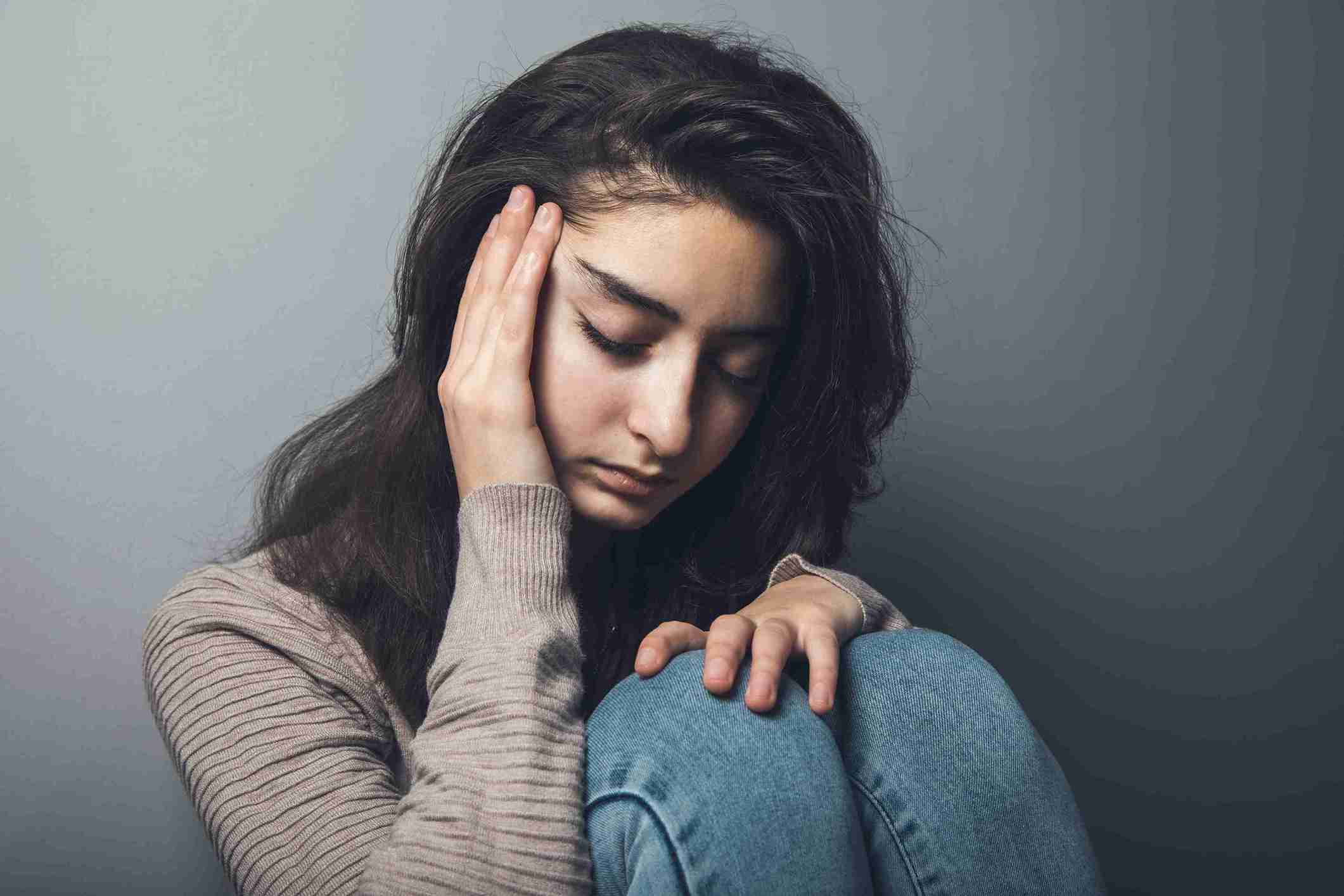Understanding Psychotic Depression
Psychotic means A loss of contact with reality that can result in delusions (false beliefs) and hallucinations (seeing or hearing things that do not exist).It, also known as depressive psychosis, is a serious mental illness marked by a severe depressive episode with psychotic symptoms.This causes people to have psychotic symptoms such as delusions and hallucinations, as well as many other depression-related symptoms.It combines the intense feelings of sadness and hopelessness characteristic of depression with episodes of psychosis. This dual disease can be stressful and challenging to treat without correct assistance. In this article, we will study psychotic depression and also talk about its symptoms, causes, and treatment methods.
“When Reality Blurs: Recognizing the Symptoms of Psychotic Depression”
This combines the deep emotional distress of depression with the disorienting experiences of psychosis. This condition can severely impact daily functioning, making it essential to recognize its symptoms early for appropriate treatment. Here’s a look at the key signs of psychotic depression:
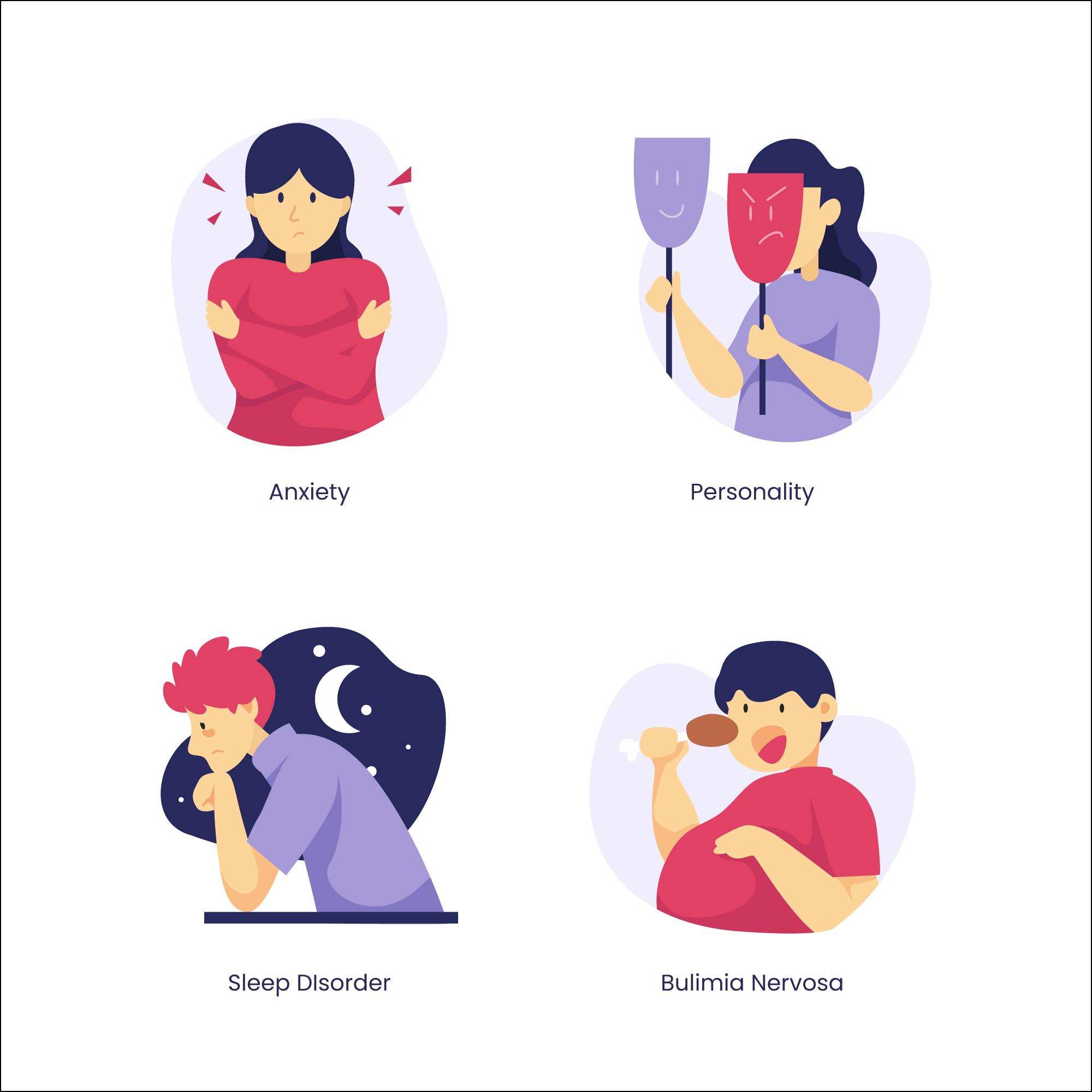
Core Depressive Symptoms:
1.Persistent Sadness and Hopelessness
A continuous feeling of deep sorrow and an overwhelming sense that things won’t improve makes it hard to find Motivation or joy.
2.Increased anxiety and agitation.
Increased anxiousness or restlessness, which can lead to difficulty relaxing and a continual sense of anxiety or fear.
3.Frequent Anger Over Minor Issues
Feeling irritated or angry over minor inconveniences leads to disproportionate emotional responses or conflicts.
4.Sleep Disturbances, Including Insomnia
Struggling with falling or staying asleep leads to excessive fatigue and worsened emotional health during the day.
5.Significant Changes in Appetite, Leading to Weight Fluctuations
Either a loss of appetite or overeating, causing noticeable weight changes, often as a coping mechanism for emotional distress.
6.Feelings of Guilt and Worthlessness
Intense self-blame and feelings of inadequacy, even when there is no apparent reason to feel guilty or unworthy.
7.Difficulty Focusing or Concentrating
Trouble with concentrating on tasks or retaining information, resulting in a sense of mental fog or forgetfulness.
8.Neglecting Personal Hygiene and Appearance
A decline in the effort to maintain personal grooming or hygiene is often due to a lack of Motivation or interest in self-care.
9.No Interest in Previously Enjoyable Activities
A disinterest in hobbies, socializing, or activities that once brought joy contributes to feelings of isolation.
Psychotic Features:
Hallucinations: The perception of unreal images or sounds. Auditory hallucinations, such as hearing voices, are especially common.
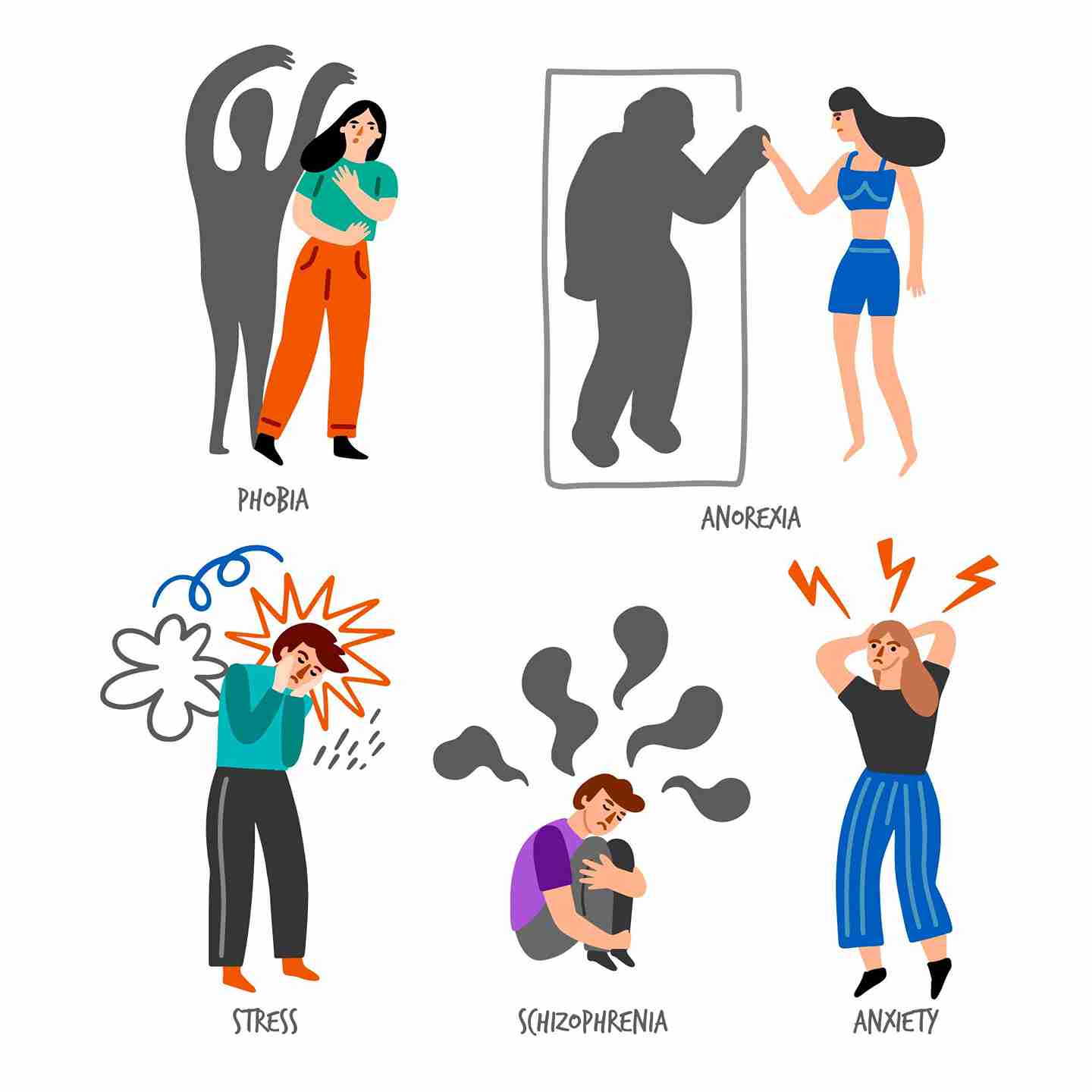
1.Delusions:
Strong, false beliefs that are disconnected from reality. For example, individuals might believe they are being persecuted or have unique, often delusional, powers or abilities.
2.Disorganized thinking:
Thoughts may become jumbled or incoherent, making communicating clearly or focusing on a conversation challenging.
3.Social Withdrawal:
Individuals with psychotic depression may withdraw from friends and family due to a combination of depression and the confusion caused by their psychotic experiences.
4.Risk of Self-Harm or Suicidal Thoughts:
The intense feelings of depression, coupled with delusions and hallucinations, may increase the risk of suicide or self-harm, making professional intervention critical.
Psychotic Depression Causes: Unraveling the Factors Behind This Mental Health Issue
Exploring its causes reveals the intricate interplay of biological, psychological, and environmental components.
Biological Causes
Neurotransmitter Imbalances:
It has been linked to disruptions in brain chemicals like serotonin, dopamine, and norepinephrine. These neurotransmitters regulate mood and perception, and their imbalance can lead to both depressive and psychotic symptoms.
Genetic predisposition:
A family history of depression or psychotic illnesses raises the risk of developing psychotic depression. Though no single gene has been identified as the cause, genetic vulnerability plays a significant role.
Brain Structure and Function:
Research shows that some individuals with this disease may have abnormalities in brain regions like the prefrontal cortex and the limbic system. These areas govern emotions, decision-making, and the ability to perceive reality, and changes here may contribute to the condition.
Psychological Factors
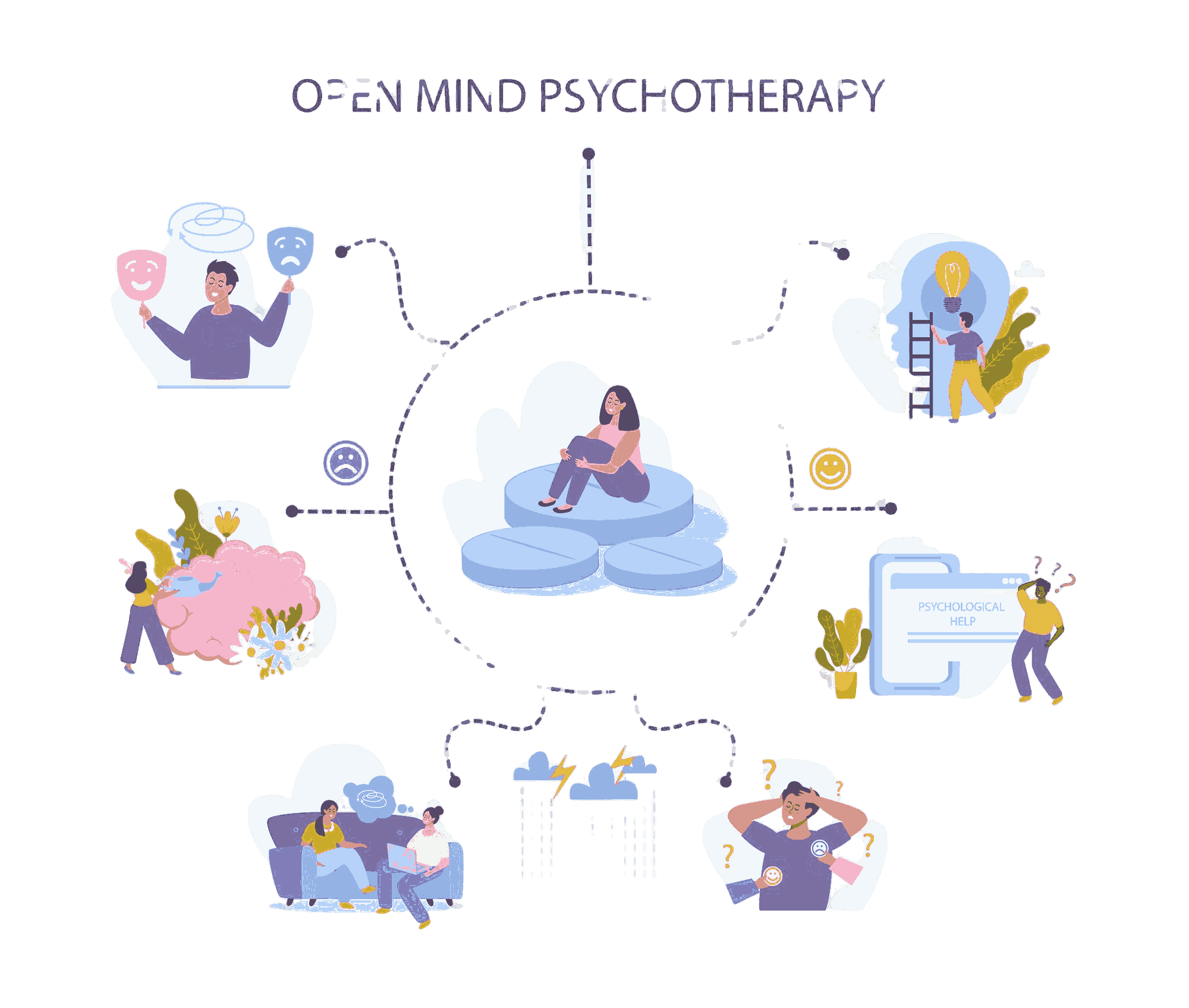
1.Traumatic Experiences:
Early-life trauma, such as abuse, neglect, or loss of a loved one, is a common factor in the development of psychotic depression. These experiences can leave a lasting impact on mental health, particularly for those already genetically predisposed.
2.Chronic Stress:
Long-term stress from financial issues, workplace challenges, or relationship struggles can weaken emotional resilience and increase the risk of psychotic depression.
3.Negative Thought Patterns:
Persistent negative thinking, self-doubt, and feelings of hopelessness can exacerbate depression and, in some cases, trigger psychotic symptoms.
Environmental Factors
1.Social Isolation:
Lack of a supportive network or feelings of loneliness can deepen depression and contribute to psychosis. Human connection is essential for preserving mental health, and its absence can put people at risk.
2.Substance Use:
Abuse of alcohol or drugs, particularly stimulants or hallucinogens, can trigger psychotic episodes and worsen depressive symptoms. Substance use also disrupts brain chemistry, increasing the risk of psychotic depression.
3.Major Life Events:
Sudden changes, such as losing a job, divorce, or financial hardship, can act as stressors that push susceptible individuals toward psychotic depression.
Medical and Hormonal Influences
1.Underlying Medical Conditions:
It can arise as a result of several conditions, including neurological problems, hormone imbalances, or persistent pain. For example, symptoms may be mimicked or exacerbated by brain trauma or hypothyroidism.
2.Factors After Childbirth:
Following childbirth, hormonal changes can cause mental disorders such as postpartum depression or psychosis, which in certain situations can coexist with psychotic sadness.
How Is Psychotic Depression Diagnosed?
Its diagnosing requires a thorough evaluation to differentiate it from other mental health conditions. A mental health professional typically follows these steps:
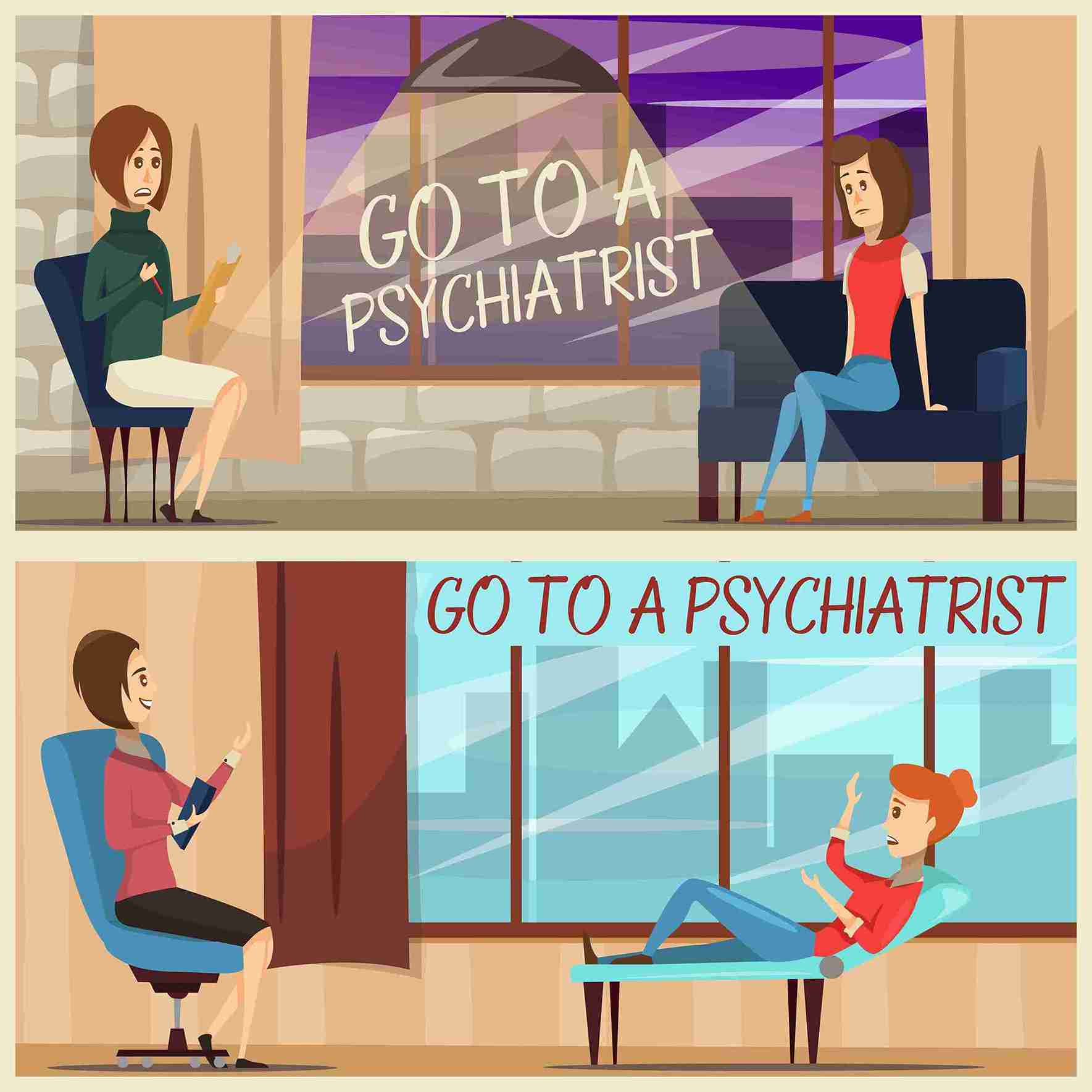
Mental Health Screening Tools
Clinicians often use standardized screening tools to evaluate the severity of depressive and psychotic symptoms. These tools provide insights into how the condition affects daily life.
Psychiatric Evaluation
A psychiatrist will assess the individual’s symptoms, focusing on:
- Depressive signs such as persistent sadness, fatigue, or hopelessness.
- Psychotic symptoms may include hallucinations, delusions, or warped thinking.
Imaging and Lab Tests
In some cases, blood tests or brain imaging may be conducted to rule out medical conditions, such as neurological disorders, that could cause similar symptoms.
Complete medical history
The diagnostic procedure begins with thoroughly examining the patient’s medical history. This phase helps to rule out other medical problems or substance abuse that may mirror psychotic depression symptoms.
Treatment for Psychotic Depression: Medication, Therapy, and Beyond
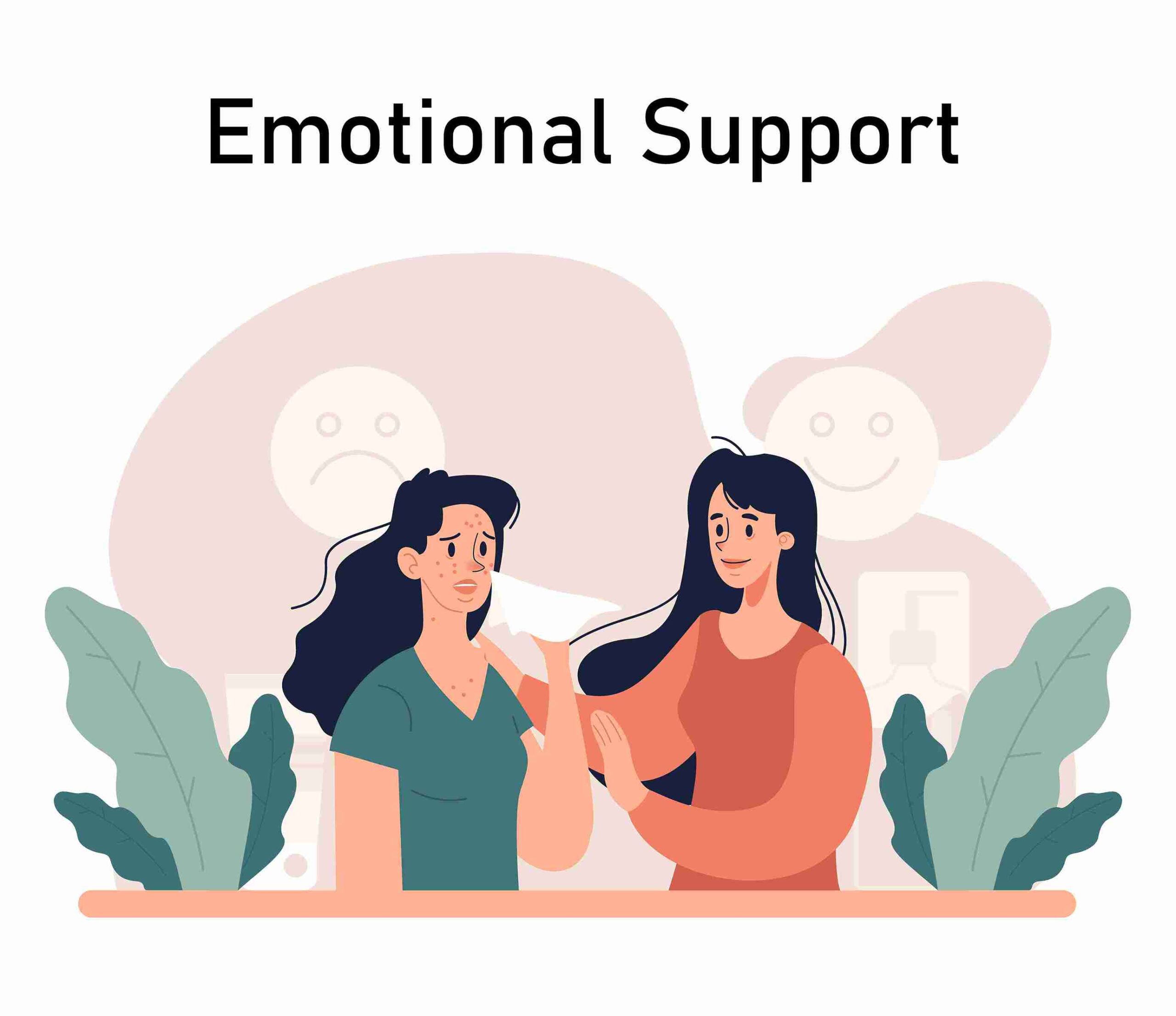
Medications for Psychotic Depression
Medications are the foundation of treatment and often involve a combination of the following:
Antidepressants:
Antidepressants, including selective serotonin reuptake inhibitors (SSRIs), treat depression.
Antipsychotic medications:
Risperidone and olanzapine are administered to treat hallucinations and delusions.
Combination Therapy:
Combining antidepressants with antipsychotics is common for treating both aspects of psychotic depression simultaneously.
Mood Stabilizers:
In some cases, mood stabilizers are used to enhance the effectiveness of other medications.
Psychotherapy
Psychotherapy complements medication by addressing the psychological aspects of psychotic depression:
Cognitive Behavioral Therapy:
(CBT) helps individuals identify and challenge problematic thought patterns, improving emotional reactions.
Supportive therapy:
This treatment creates a safe setting where individuals can express their experiences and learn coping techniques.
Advanced Treatments:
For individuals with severe or treatment-resistant psychotic depression, advanced interventions may be required.
Electroconvulsive Therapy (ECT):
ECT is a proven method for treating psychotic depression when medications are ineffective. It involves carefully regulated electrical stimulation of the brain, quickly alleviating symptoms.
Transcranial magnetic stimulation that is repeated (rTMS):
For some individuals, this non-invasive technique provides an option by stimulating particular brain regions using magnetic fields.
Establishing Support Networks
- Support networks are essential to the healing process:
- Involving family members keeps patients motivated and helps them follow their treatment regimens.
- Peer-led support groups foster a feeling of belonging and mutual comprehension.
Lifestyle Modifications
Healthy lifestyle choices can support recovery:
- Regular exercise, a balanced diet, and sufficient sleep enhance mental and physical health.
- Stress-reduction techniques, such as mindfulness or meditation, can help prevent relapse.
How to Help Someone with Psychotic Depression
It is a serious mental illness. Supporting someone with this condition requires understanding, patience, and proactive efforts.
Steps to Support Someone with Psychotic Depression
- Recognize Symptoms
- Promote Healthy Habits
- Create a Safe Environment
- Learn to Recognize Emergencies
- Be Patient and Persistent
- Be a Source of Support
- Encourage Professional Treatment (Medication, Therapy, Advanced Interventions: Options like Electroconvulsive Therapy (ECT)
Remind them that recovery is possible with the proper treatment and support. Be their ally in the journey toward better mental health.
Take Care of Yourself, Too
It can be emotionally exhausting to support someone who suffers from this. To safeguard your emotional Wellbeing, be careful to:
- Establish limits.
- Consult a counselor, family, or friends for help.
- Educate yourself about caregiver burnout and prioritize self-care activities.
Final Thoughts on Psychotic Depression
It is a complex yet treatable condition. Timely diagnosis, professional treatment, and compassionate support are critical for managing psychotic depression. Remember that psychotic depression does not define a person.Helping someone or yourself with psychotic depression requires patience, empathy, and understanding. If you or someone you know is experiencing symptoms of psychotic depression, seek professional help immediately. Early intervention can make a life-changing difference.

